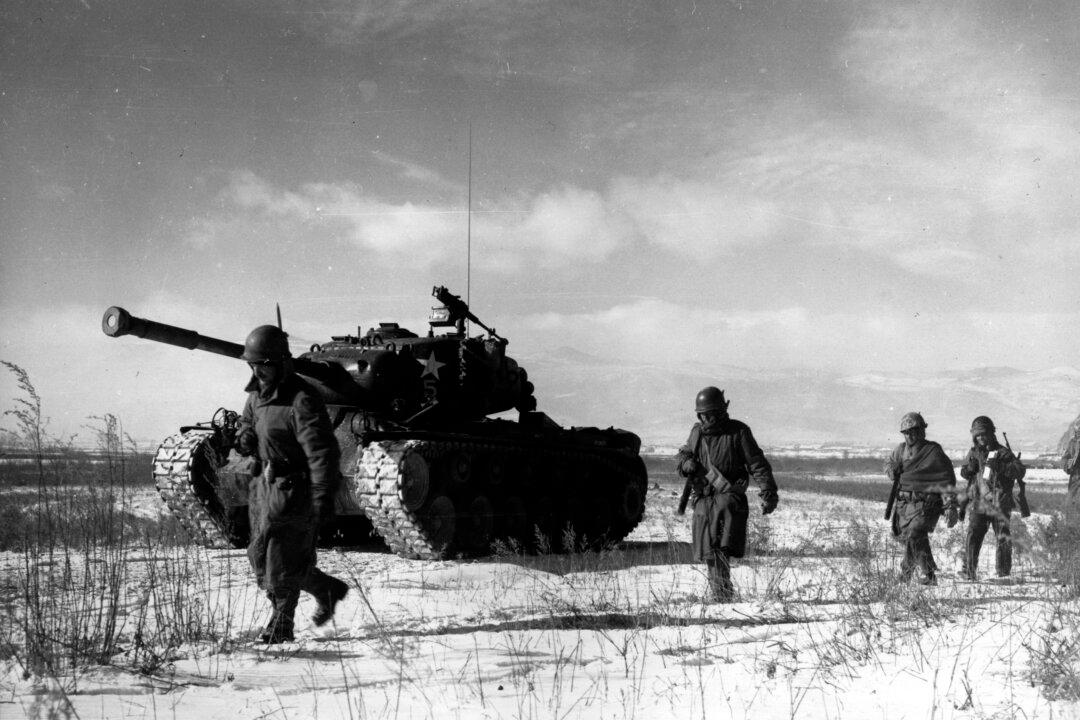The main fighting in the Korean War lasted from June 1950 to July 1953, claiming the lives of 36,574 Americans who fought to prevent the spread of communism through Korea pushed by the Soviet Union and Chinese Communist Party (CCP).
Chinese soldiers streamed over the borders to press the campaign of former CCP leader Mao Zedong. Over 2.5 million Korean citizens were killed, and Korea was divided, with a brutal communist regime in the North and a free society in the South.





